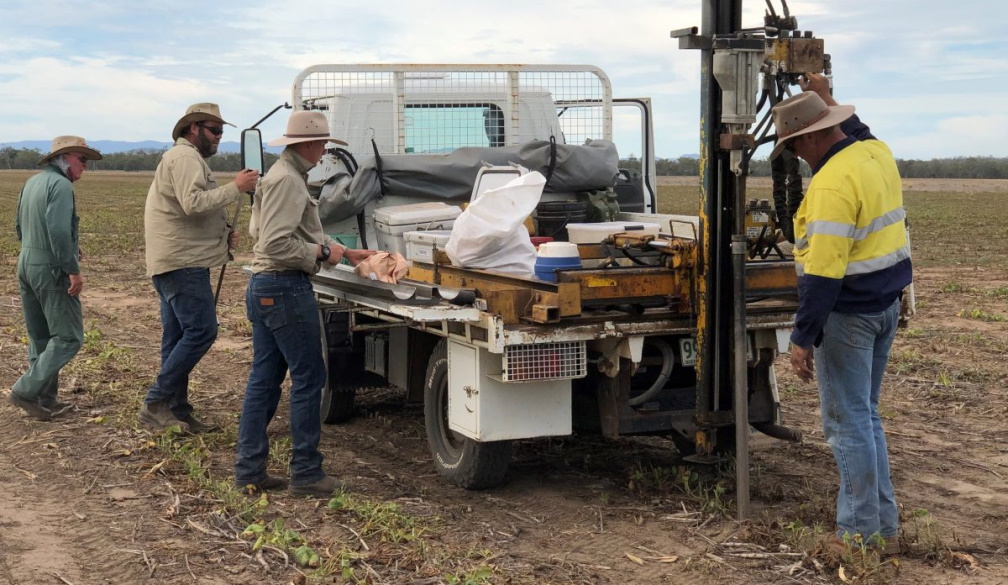Why Soil Testing is a Critical Step in Construction
- Written by NewsServices.com

Construction projects, like any other undertaking, require planning. Planning ahead of time reduces the likelihood of errors while raising the odds of achieving exceptional results. Preconstruction, construction, and postconstruction are the three stages of any construction project.
The planning and other construction-related actions are included in the preconstruction stage. The construction stage entails the actual construction of the project, whereas the post-construction stage is the completed project.
Soil testing is one of the preconstruction measures used and always precedes the process of dewatering services. This article will define soil testing, discuss the many types of soil testing, and discuss the rationale for soil testing. Continue reading to learn more.
What does soil testing entail?
This method is carried out in order to gather particular information on the qualities of the soil prior to construction. The following are some of the details obtained:
-
* The bearing capacity of the soil indicates the highest and least loads it can support.
-
* Chemical qualities of the soil: Because soil might have chemical properties that react with various building supplies, soil testing is useful in determining these chemical properties.
-
* The depth of the water table and the moisture content of the soil are determined by the water table level.
-
* The behaviour of soil particles: The particles in soil oscillate constantly, but the rate at which they oscillate increases when certain conditions influence them. Soil testing aids in determining how these soil particles behave.
Soil Testing Methods for Construction Projects
For building projects, there are several types of soil testing, including the following:
-
Gravity test: Provides an estimate of the soil gravity value. Because various soils have varied grain sizes, this number is dependent on the grain size of the soil.
-
Moisture test: Determines the soil's tensile strength when exposed to moisture. The test measures the strength of the soil at various moisture levels.
-
Dry density tests: To assess the weight and density of soil, it is collected in a dehydrated state.
-
Proctor's compaction test: This determines how resistant the soil is to pressure.
-
Attenbergs limit tests: This determines the soil's shrinkage limit as well as the behavioural changes that occur when the soil transitions from semi-solid to liquid to plastic state.
The Importance of Soil Testing in Construction
The following are the reasons why soil testing is necessary for construction:
-
Saves money: Soil testing offers you an idea of what to expect in terms of obstacles and how to solve them, resulting in cost savings.
-
Influence your equipment selection: Soil testing aids in the selection of equipment that is not reactive to the chemical qualities of the soil, resulting in greater efficiency.
-
Lowers Risks: Soil testing aids in determining the best procedures to use while building a project in order to avoid future flaws.
-
Influence foundation selection: Soil testing aids in determining the appropriate foundation for a project as well as the ideal foundation dimensions.
Conclusion
Soil testing is a crucial step and one that is regularly performed by wellpoint dewatering contractors. Soil testing in any building project should never be disregarded. It's no surprise that expert contractors frequently prescribe it before to any building. We've covered why soil testing is necessary for construction projects in this article. We've also discussed certain types of building soil testing.


